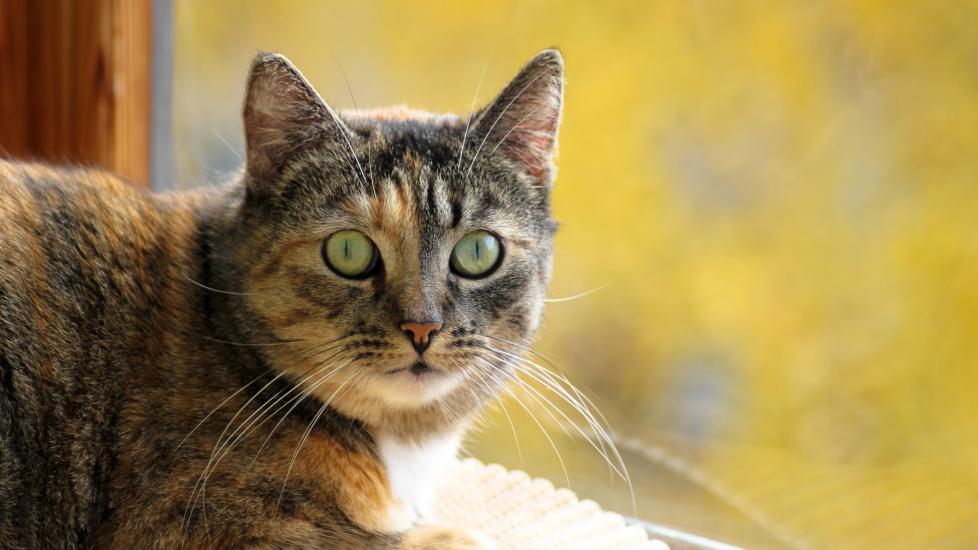 Cat Diarrhea Treatment: What to Give Cats With Diarrhea
Cat Diarrhea Treatment: What to Give Cats With Diarrhea
Introduction:
When your feline friend experiences diarrhea, it can be a concerning and frustrating situation for both pet owners and pets alike. It is crucial to understand the causes of cat diarrhea and how to effectively treat it without causing further discomfort or health issues. This article will provide you with comprehensive guidance on treating cats with diarrhea, including tips on home remedies, over-the-counter treatments, and when professional veterinary care may be necessary.
Causes of Cat Diarrhea:
Diarrhea in cats can have various origins, from dietary changes to underlying medical conditions. Common reasons include stress, ingestion of foreign objects, food allergies, infections, and intestinal parasites. Sometimes, certain medications or vaccinations can also lead to digestive upset. Understanding these potential triggers can help prevent future episodes of diarrhea.
Home Remedies:
1. Bland Diet: Offer your cat a bland diet such as boiled chicken and rice until their stool normalizes. This helps soothe the stomach and provides easy digestion.
2. Probiotics: Adding probiotic supplements to your cat’s food can restore healthy bacteria in the gut, which may improve digestive function. Look for products specifically formulated for cats.
3. Hydration: Ensure your cat stays hydrated by providing plenty of fresh water. If they are not drinking enough, consider syringe feeding them small amounts of electrolyte solution to maintain fluid balance.
4. Monitoring Food Intake: Some cats may lose appetite during diarrhea. Encourage them to eat but do not force feed; a light meal might still be beneficial.
Over-The-Counter Treatments:
1. Kaolin Products: These clay-based antidiarrheal agents work by absorbing excess water in the intestines, helping to firm up stools. However, consult with your vet before giving any medication to ensure safety.
2. Pectin Supplements: Similar to kaolin, pectin can absorb water and reduce diarrhea symptoms. Again, always check with your veterinarian first.
3. Loperamide (Imodium): Used cautiously under veterinary advice, loperamide can slow down bowel movements. Never give this drug to kittens or pregnant/nursing cats due to its side effects.
When To Seek Veterinary Care:
If home remedies and over-the-counter treatments fail after 24 hours, if your cat shows signs of dehydration like excessive thirst or lethargy, or if there are other serious symptoms present (e.g., blood in the stool, weight loss, vomiting), immediate veterinary attention is required. Your vet can perform tests to identify the cause and prescribe appropriate treatment. In some cases, antibiotics, dewormers, or special diets may be needed.
Conclusion:
Treating cat diarrhea requires patience, observation, and sometimes intervention from a qualified healthcare professional. By understanding the causes and implementing effective strategies at home, you can help alleviate your cat’s discomfort and promote a speedy recovery. Always prioritize your cat’s well-being and seek veterinary assistance whenever necessary.
